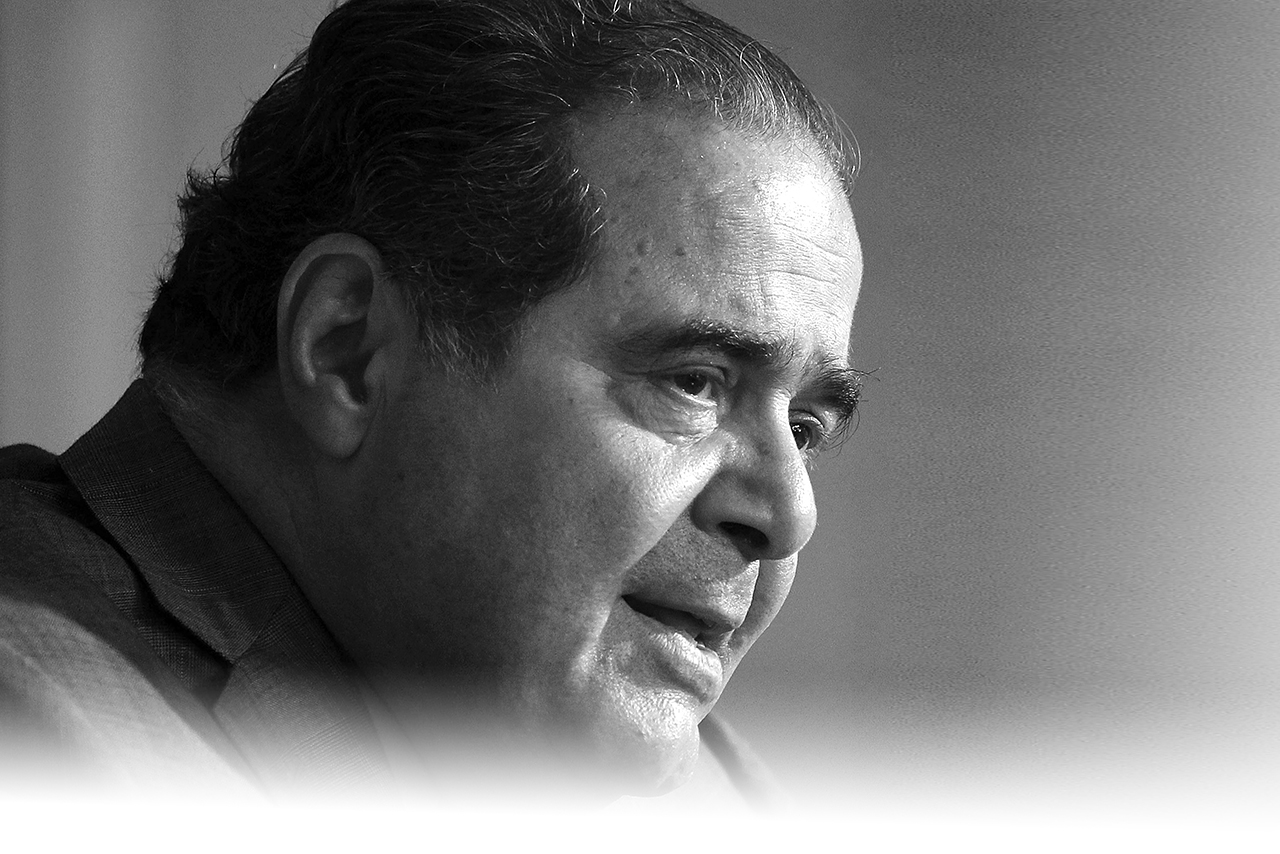The sudden death of Justice Antonin Scalia on February 13 not only left a vacancy on the U.S. Supreme Court, but it also pulled the very future of the court into the turmoil of a heated presidential election.
“The Supreme Court always plays a role in elections, but it was generally below the surface, until now,” said Assistant Professor of Politics Meghan Leonard. “Choosing future justices has always been part of the election thinking, but mostly in a theoretical way.”
Appears InWhile candidates might have to volley questions about who might make a good justice, or even which justice is their favorite, they were rarely asked—outside of politically elite circles—about the process of choosing a justice, Leonard said. “They never talked about the potential power of the court,” she said.
The Supreme Court itself has played highly visible roles in past elections, most recently in 2000 when the dispute over a recount in the state of Florida reached the high court. The decision in Bush v. Gore allowed the Florida secretary of state to declare 25 electoral votes for George W. Bush, giving him the win over Vice President Al Gore. “As a decision, that was a one-time deal that did have a great impact, but holds almost no precedential value. It has never been cited since,” said Leonard.
What makes the entangling of the Supreme Court and the presidential race so thorny in 2016 is Scalia’s untimely death, and what that means for the future of nominating justices to the Supreme Court.
“It has never been this crazy. Everything we thought we knew about nominations to the Supreme Court has blown up,” said Leonard, who noted justices almost never die in office and not during session when hearing cases. “We have never faced this before.”
Leonard explained that as justices age, they generally wait to retire until a president is elected who holds a similar ideology. “Though justices would never admit to doing this, they are people and understand politics,” she said. When the president and the Senate are of opposite parties, the president tends to find a moderate candidate, someone who can be accepted by all parties, she added.
Scalia’s death, however, left a conservative gap in the Supreme Court—a court that typically voted with a razor-thin conservative majority of 5-4. And Scalia was more than simply a conservative justice; he could be called the “poster justice” for conservatism.
“No matter who is chosen as the next justice, that person is going to be more liberal than Justice Scalia,” said Leonard. “He held the mantle for what a conservative justice can be.”
With a conservative majority at stake, the Republican-controlled Senate did something no other Senate has done when it comes to choosing a new justice—nothing.
The Senate Judiciary Committee refused to hear any nominee from President Barack Obama, taking their chances on a more conservative president taking the helm in November.
“Both Senate Democrats and Senate Republicans have used the power of the filibuster to block lower federal court nominations,” said Leonard. “But at the Supreme Court level? And nearly a year before a new president comes into office? It’s unprecedented.”


